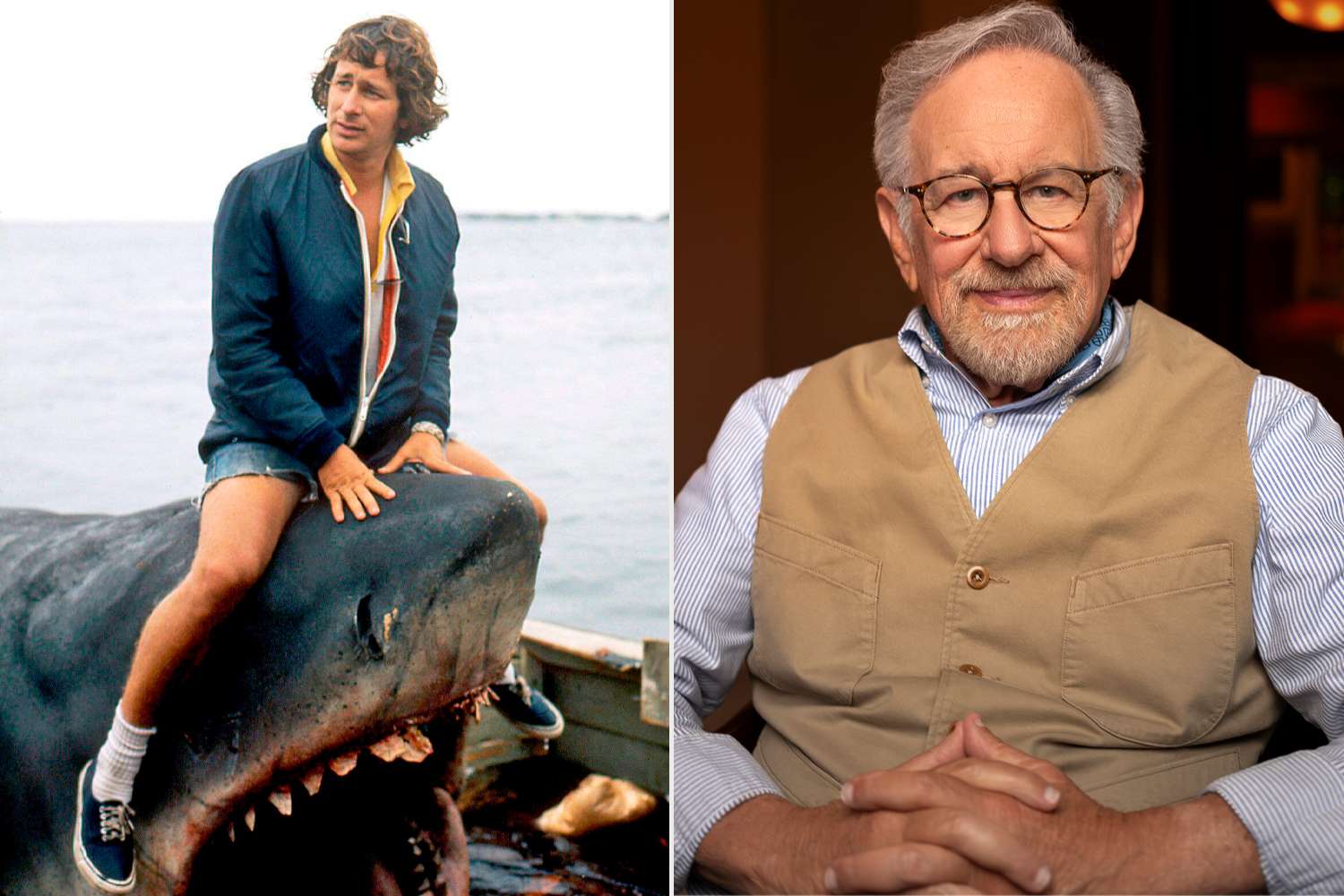B.C. Man Dies Weeks After Surviving Brutal from the jaws of a grizzly Bear Attack in East Kootenay
A 63-year-old man from British Columbia, Canada, has died weeks after an incredibly violent encounter with a grizzly bear that left him with devastating injuries. The man, identified as Joe Pendry, had been hunting elk near Fort Steele, northeast of Cranbrook in the East Kootenay region, when the tragic incident unfolded earlier in October.
Pendry’s wife, Janice Pendry, confirmed on Saturday that her husband passed away due to complications caused by a blood clot, a few weeks after surviving one of the most harrowing animal attacks in the area’s recent history.
A Deadly Encounter in the Wilderness
On October 2, Joe set out on a solo elk hunt in the rugged terrain near Fort Steele. During the hunt, he unexpectedly came face-to-face with a mother grizzly bear and her two cubs. The sudden confrontation quickly escalated into a life-or-death struggle when the protective mother charged at him.
According to Janice, Joe had just enough time to react. He fired his rifle, hitting the bear in one of its legs — but the enraged animal continued to charge. The bear tackled him, clamping its jaws around his head. Despite the unimaginable pain and panic, Joe fought back fiercely, relying on his background as a former boxer and experienced hunting guide.
A Fight for Survival
In a desperate attempt to save his life, Joe reportedly punched the bear repeatedly and even bit its ear while trapped in its grip. The struggle left him with catastrophic injuries. He suffered severe facial trauma, with his lips and part of his scalp torn off, a broken nose, fractured cheekbones, two broken arms, broken ribs, and the loss of one finger.
Despite his injuries, Pendry’s will to survive proved extraordinary. Once the bear finally retreated, Joe managed to call 911 and contact his son to alert him of the situation. Emergency responders quickly mobilized, and a helicopter transported him to Kelowna General Hospital, where he underwent multiple complex surgeries to repair his face and other critical injuries.
Speaking to The Canadian Press after the initial attack, Janice described her husband as a “fighter to the very end,” crediting his physical strength and survival instincts for allowing him to live through an ordeal that would have killed most people on the spot.
Investigation and Bear Recovery
In the days following the attack, officials from the B.C. Conservation Officer Service (COS) launched an extensive search in the area to locate the bear. A few days later, officers found a dead female grizzly nearby. DNA analysis later confirmed that it was the same bear that attacked Pendry.
According to the COS’s statement on Facebook, the grizzly appeared to have died of sepsis, likely caused by the gunshot wound inflicted by Pendry during the attack. The agency added that the bear had been acting in a defensive manner to protect her cubs — a common behavior for grizzly mothers when they perceive a threat.
Fate of the Cubs
The B.C. Ministry of Environment later confirmed that the bear had two cubs with her at the time of the encounter. The ministry said their ages were not known, but noted that young grizzlies generally stay with their mother until their fourth summer. If the cubs were approaching that age, it is possible they were old enough to survive independently in the wild.
The Broader Issue of Grizzly Encounters
While grizzly bear attacks are rare, they are not unheard of in British Columbia. Data from WildSafeBC, a non-profit organization that promotes human-wildlife safety, indicates that the COS typically receives between 400 and 500 reports related to grizzly bears each year.
WildSafeBC emphasizes that fatal encounters are uncommon, though they can occur when bears are startled, provoked, or protecting their young. The organization provides practical advice on its website for reducing the risk of bear encounters, such as making noise while hiking, traveling in groups, carrying bear spray, and properly securing food and waste in wilderness areas.
A Tragic End to an Incredible Survivor
Although Joe Pendry initially survived the brutal attack and endured weeks of surgeries and rehabilitation, complications from his extensive injuries ultimately led to his death. His wife said he had shown remarkable strength and determination during his recovery, describing him as “a man who loved the outdoors and lived life with courage.”
Pendry’s story has resonated across British Columbia and beyond, serving both as a sobering reminder of the power of nature and as a tribute to human resilience. His ordeal highlights the delicate balance between humans and wildlife in Canada’s wilderness — and the respect required when venturing into grizzly territory.
As officials continue to monitor the area for wildlife activity, Joe Pendry’s extraordinary survival story — and tragic passing — stand as a poignant chapter in the ongoing relationship between humans and one of North America’s most formidable predators.




